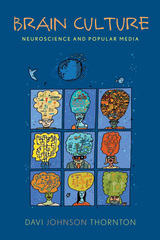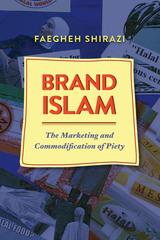Paper: 978-0-8223-6557-0
In recent decades, Turkish economy, society, and culture have undergone intense changes affected by influences other than Western modernity. Issues of national identity are being transformed by such phenomena as the rise of political Islam, integration into a global economy, ethnic conflict, and women’s struggles for autonomy. This special issue of SAQ explores how these redefinitions are occurring in the areas of art, literature, and popular culture as well as economy and politics. The essays examine the preoccupation of modern Turkish literature and popular culture with notions of imitation and authenticity, as well as the ways in which the country’s secularization serves to promote an "official Islam"
Contributors. Hülya Adak, Meltem Ahiska, Ayse Gül Altinay, Tanil Bora, Ayse Bugra, Ümit Cizre, Menderes Çinar, Andrew Davison, Tuna Erdem, Suna Ertugrul, Kathy Ewing, Erdag Göknar, Nurdan Gülalp, Sibel Irzik, Orhan Koçak, Bruce Kuniholm, Jale Parla, Nükhet Sirman, Levent Soysal, Necmi Zeka
See other books on: Civics & Citizenship | Fault Lines | Political Science | Volume 102
See other titles from Duke University Press












